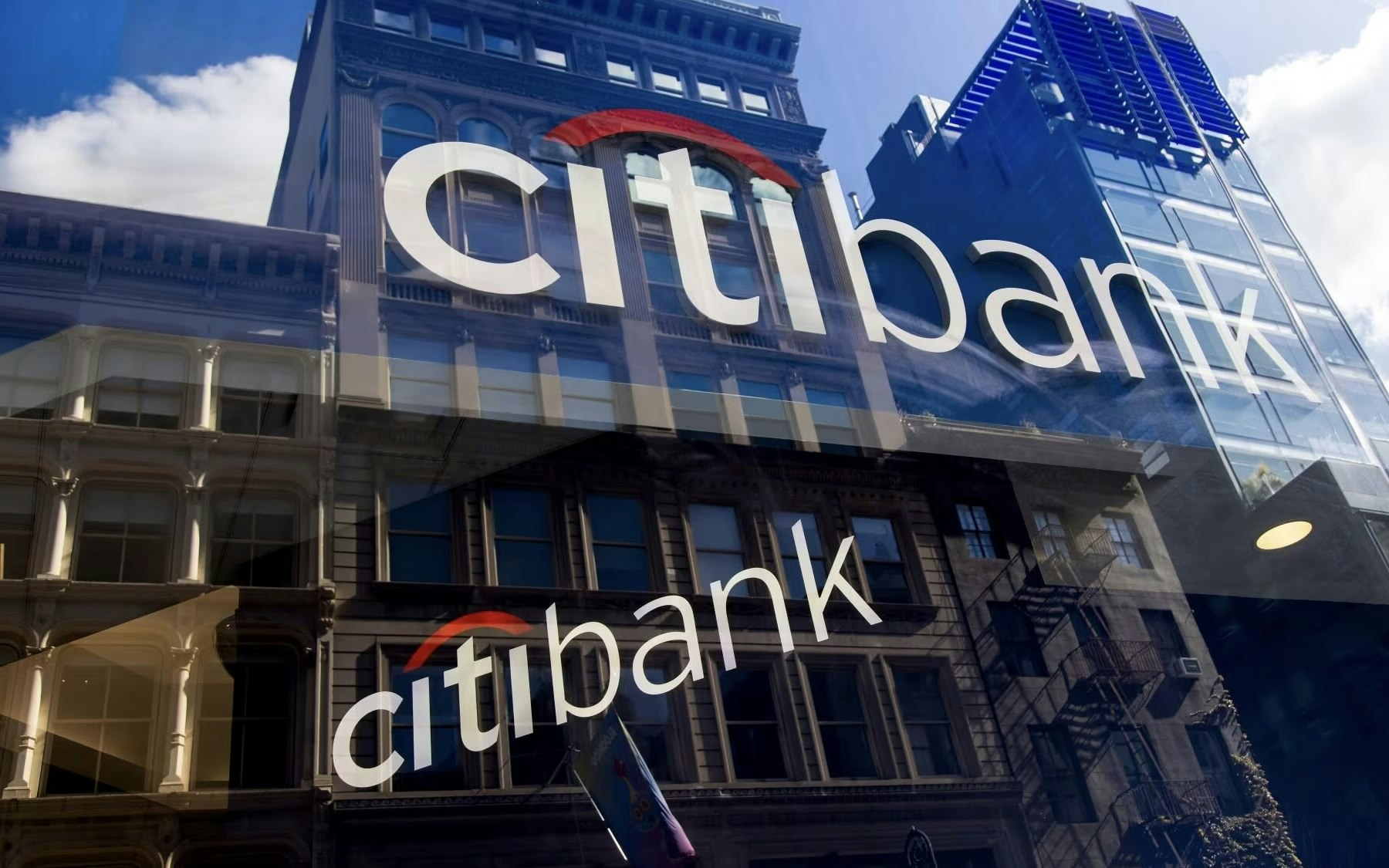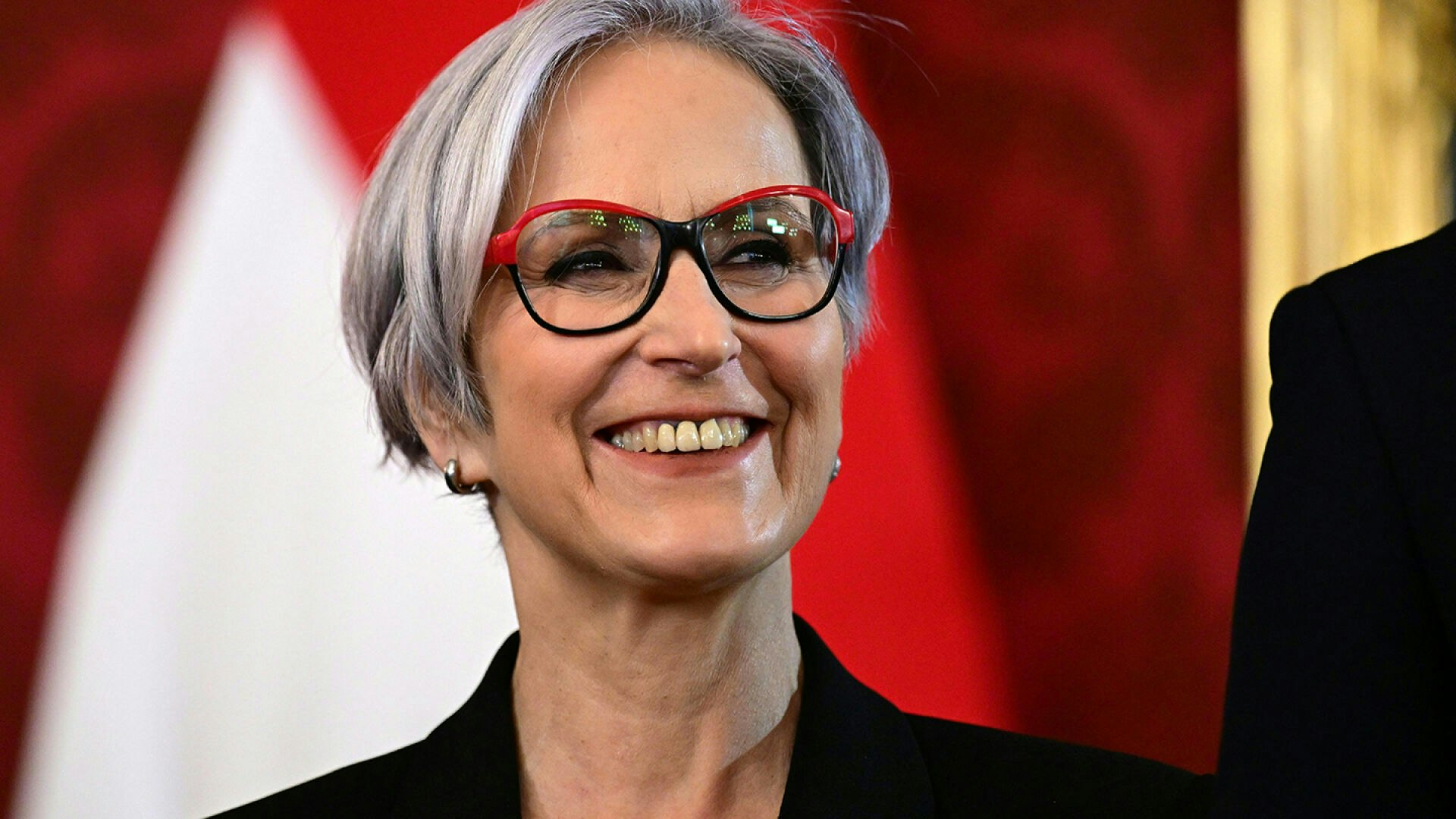Citigroup has reduced bonus payments for 250 executives as part of a program aimed at sustainably increasing shareholder returns and improving internal compliance processes. The measure underscores the ongoing pressure on the US bank to address operational deficiencies and increase its profitability.
The so-called "Transformation Bonus" program was introduced three years ago after Citi was obliged by the US Federal Reserve in 2020 to undertake a comprehensive overhaul of its risk and control systems. This was prompted by a significant error in which the bank accidentally transferred $900 million to hedge funds.
For 2024, the affected executives received only 53 percent of the originally intended bonuses – a significant decrease compared to 94 percent in 2022 and 80 percent in 2023. An adjustment based on the total shareholder return during the program increased the final payout share for 2024 to 68 percent.
Citi justified the amount of the payments with progress in implementing regulatory requirements and meeting goals set by the internal audit team. At the same time, the bank emphasized that the bonus program would not be extended.
The cuts contrast with the salary increases for top management: CEO Jane Fraser received a 33 percent increase in compensation to $34.5 million in 2024, while CFO Mark Mason recorded a 13 percent increase to $15.1 million. Vis Raghavan, who only joined Citi from JPMorgan Chase in June and heads the banking sector, received the second highest salary among the disclosed executives at $22.6 million.
Despite a 37 percent increase in profits to $12.7 billion, Citigroup's profitability lags behind expectations. The return on tangible equity was only 7 percent in 2024, significantly below the target range of 10 to 11 percent for 2026 and competitors like JPMorgan.







